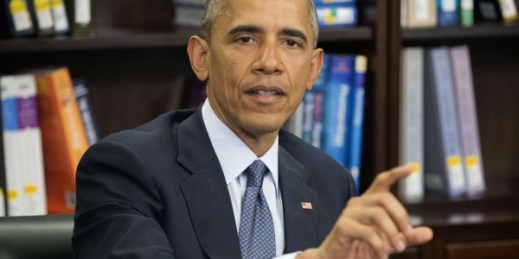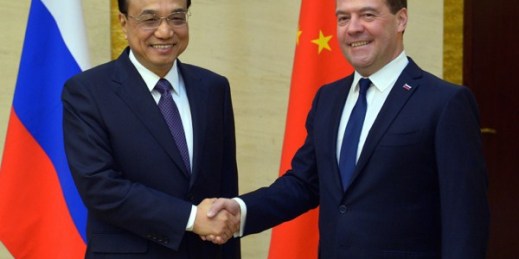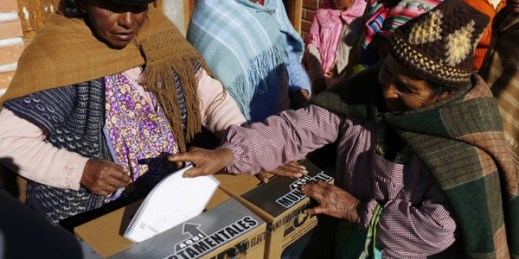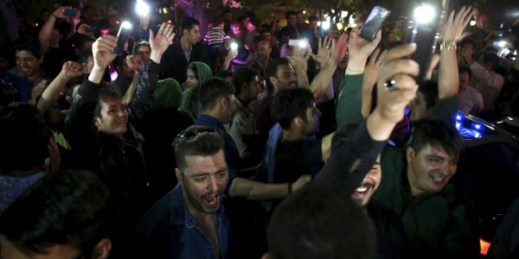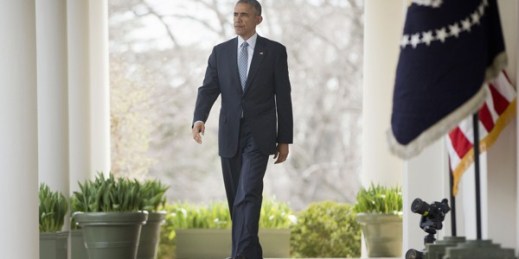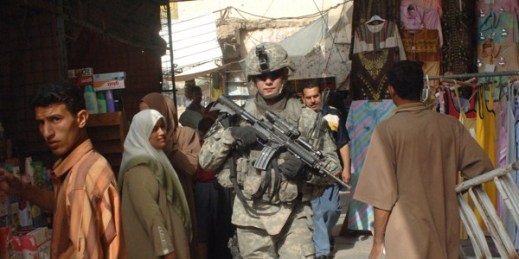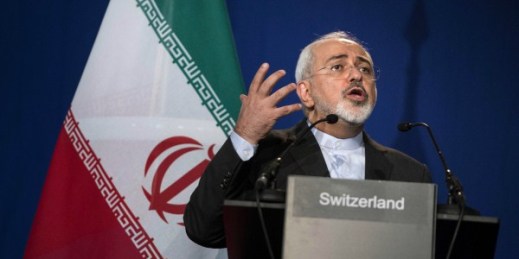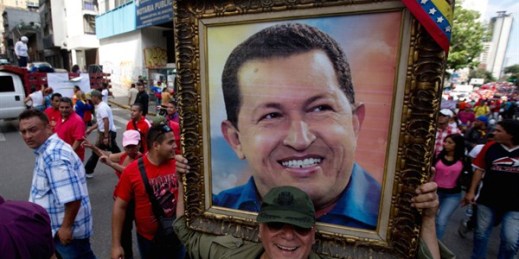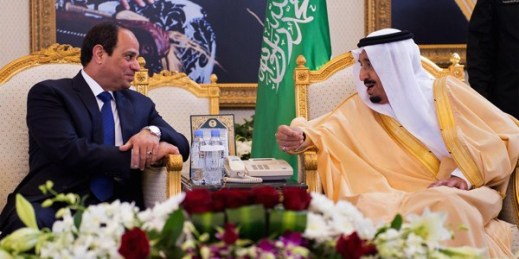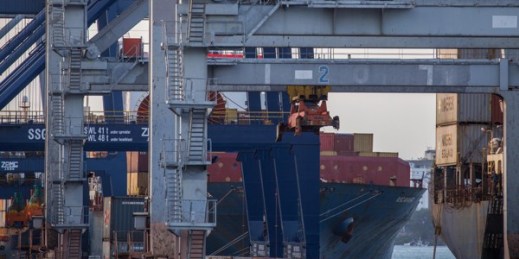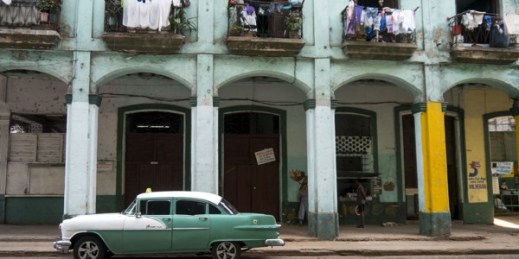
Last week, officials from the United States and Cuba held their first formal talks on human rights since both sides announced they were working to restore diplomatic ties last December. In an email interview, Ted Piccone, a senior fellow at the Brookings Institution, discussed the human rights situation in Cuba. WPR: What are the major human rights violations committed by the Cuban government, and are the policies driven more by the central government or by local actors? Ted Piccone: The Cuban government has a mixed record when it comes to the full panoply of internationally recognized human rights. On political […]


